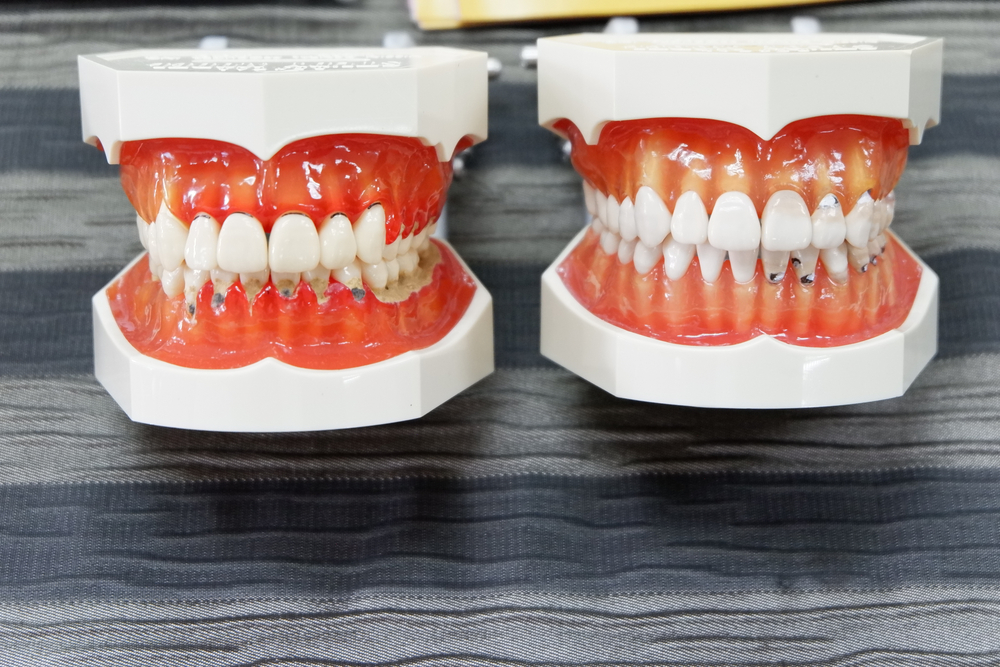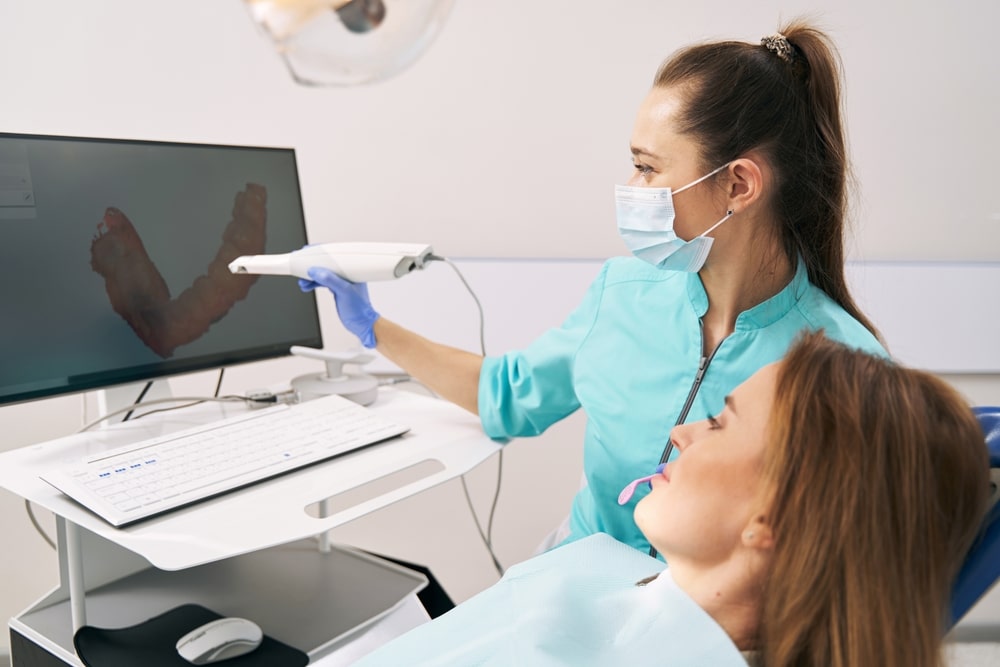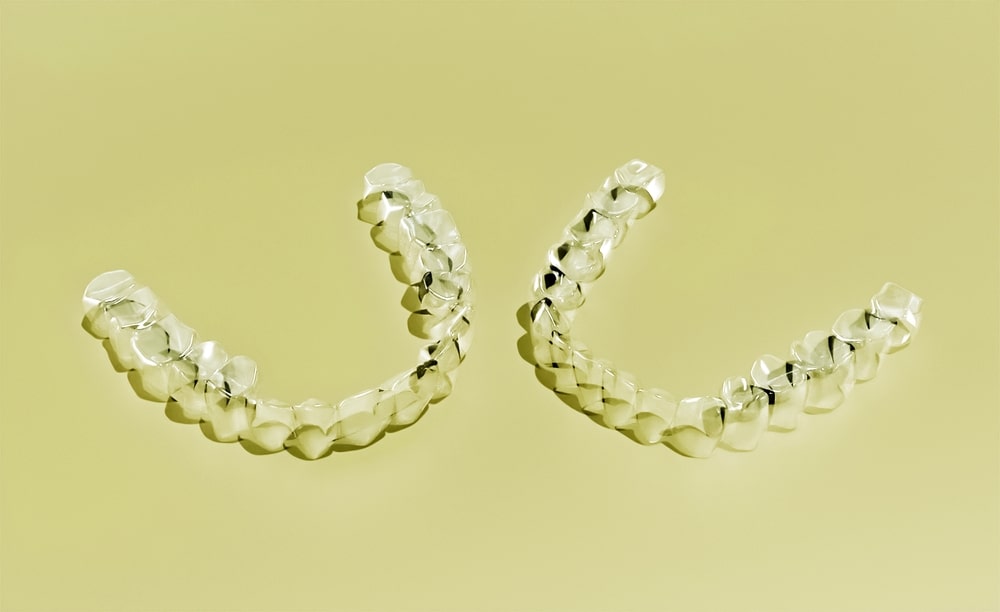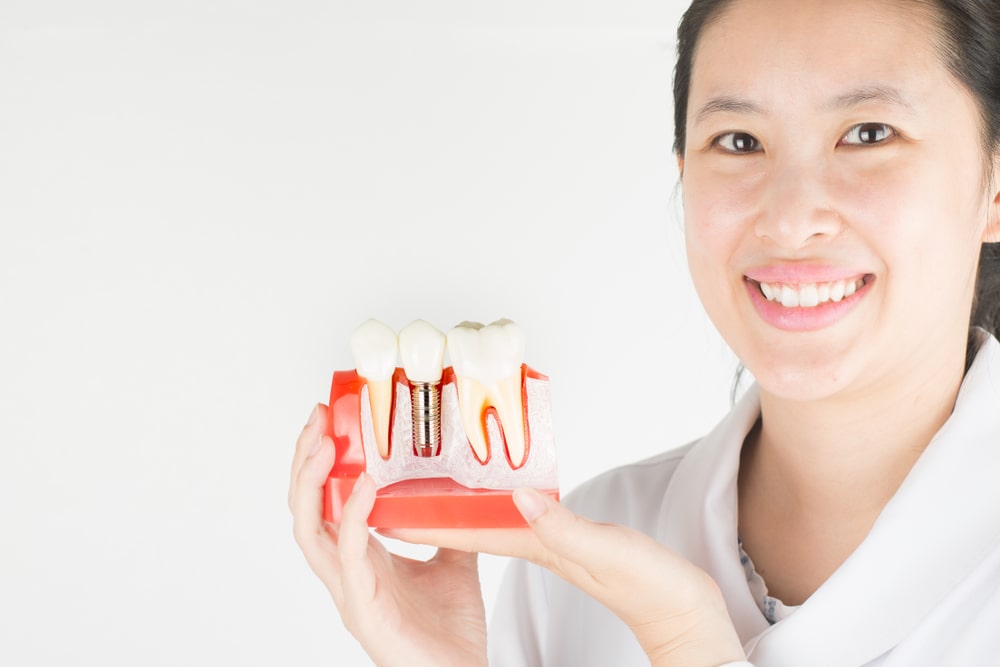A well-fitting denture can make all the difference in a patient’s comfort, confidence, and quality of life. But what happens when that perfect denture wears out, gets lost, or needs to be replaced? Traditionally, creating a new denture meant starting from scratch—risking changes in fit, bite, or appearance. Today, advancements in dental technology allow labs to create precise denture clones that replicate the original in exact detail. These clones preserve the fit, function, and aesthetics patients have grown to rely on, offering a convenient and highly effective solution for future replacements. In this blog, we’ll explore how denture cloning works and why it’s a game-changer for both dental practices and the patients they serve.
In This Blog:
- What Are Denture Clones?
- The Cloning Process: How It Works
- Why Precision Matters in Denture Cloning
- When to Consider a Denture Clone
- Benefits for Patients and Dental Practices
- The Role of Dental Labs in Creating Denture Clones
What Are Denture Clones?
Denture clones are exact replicas of a patient’s existing denture. Rather than designing a new prosthesis from the ground up, a dental lab uses advanced techniques to reproduce the current denture’s shape, size, occlusion, and aesthetic features. This process allows patients to maintain the same level of comfort and function they’ve become accustomed to, which is especially important for those who are highly satisfied with their current appliance. Compared to traditional remake methods, denture cloning minimizes trial-and-error adjustments and ensures continuity in patient care.
The Cloning Process: How It Works
Denture cloning begins with either a physical impression or a digital scan of the patient’s current denture. If the denture is still intact, it can be scanned using 3D imaging technology or duplicated with precision molds. The data is then imported into CAD/CAM software, where a dental technician can create a perfect digital model.
From there, the clone is fabricated using high-quality materials through 3D printing or milling. The result is a durable, precise duplicate that mirrors the fit and function of the original. In many cases, labs can also store the digital files for future reproduction, offering peace of mind for patients and efficiency for dental practices.
Why Precision Matters in Denture Cloning
Precision is everything when it comes to dentures. Even the smallest deviation in fit or bite can lead to discomfort, sore spots, speech problems, or difficulty eating. A well-cloned denture preserves critical aspects like vertical dimension, occlusal balance, and adaptation to the oral tissues.
By cloning a denture that already works well, patients avoid the adjustment period that often comes with new prosthetics. This is especially helpful for elderly patients or those with complex anatomical features, where reproducing a successful fit can be challenging.
When to Consider a Denture Clone
There are several scenarios where denture cloning makes sense:
- Worn or aging dentures: When a denture is reaching the end of its lifespan but still fits well.
- Backup denture: For use in emergencies, travel, or hospital stays.
- Lost or broken dentures: Having a clone on file reduces replacement time dramatically.
- Proactive planning: Patients who are satisfied with their current denture can prepare for future needs with a cloned model.
This approach is especially useful in helping patients maintain their lifestyle and confidence without interruption.
Benefits for Patients and Dental Practices
Denture cloning is a win-win for patients and providers alike. For patients, it ensures continued comfort, aesthetics, and function. There’s no need to endure a lengthy refitting or adaptation period. For dental practices, it reduces chair time, adjustment appointments, and patient dissatisfaction.
By offering denture cloning as part of their services, practices can enhance patient loyalty, streamline their workflow, and provide a unique value-add that sets them apart.
The Role of Dental Labs in Creating Denture Clones
Dental labs play a crucial role in the cloning process. From scanning and storing digital files to fabricating high-quality duplicates, the lab’s expertise ensures the final product meets the highest standards. Labs can also help practices offer denture archiving as a proactive service, keeping digital records ready for future use.
When a lab offers cloning, it transforms what used to be a reactive process into a strategic advantage, ensuring every patient’s ideal fit is never lost.
Conclusion
Denture cloning represents a smart, patient-centered approach to prosthetic care. By preserving the perfect fit and function of a well-loved denture, clones eliminate the guesswork, reduce downtime, and offer seamless continuity in dental treatment. Whether used as a backup or a full replacement, cloned dentures give patients peace of mind and practices a powerful tool to improve outcomes.
If you’re ready to offer your patients the long-term comfort and convenience of denture cloning, Pan-Am Dental Lab is here to help. Contact us today to learn more about our denture cloning services, digital storage options, and how we can support your practice with precision-crafted prosthetics that preserve the perfect fit.




